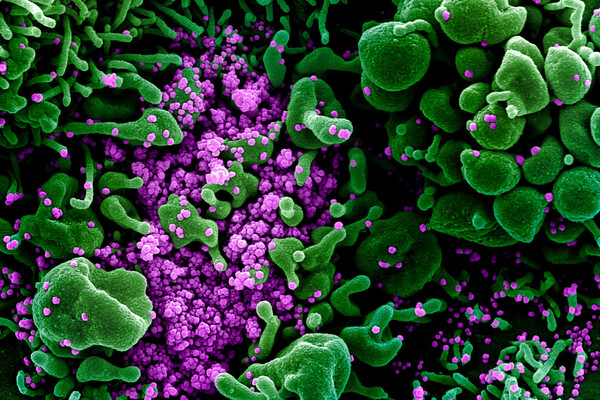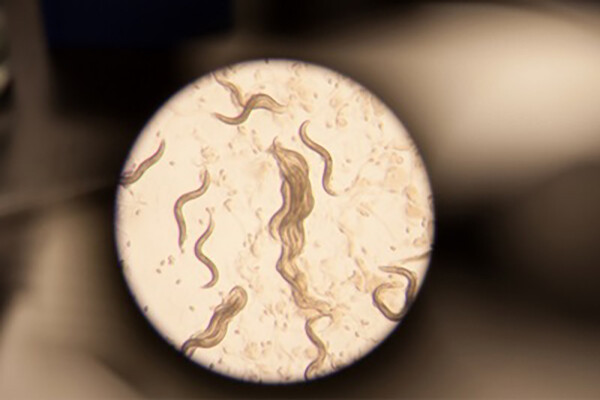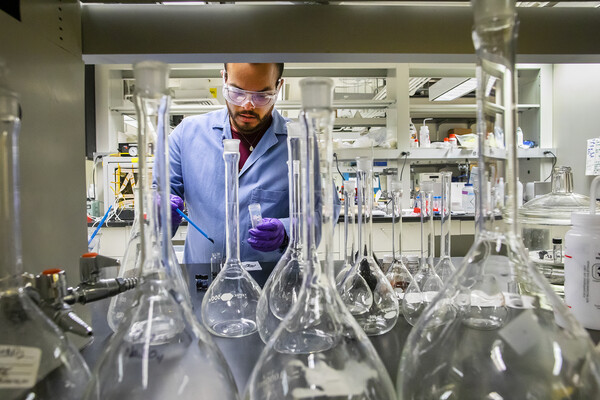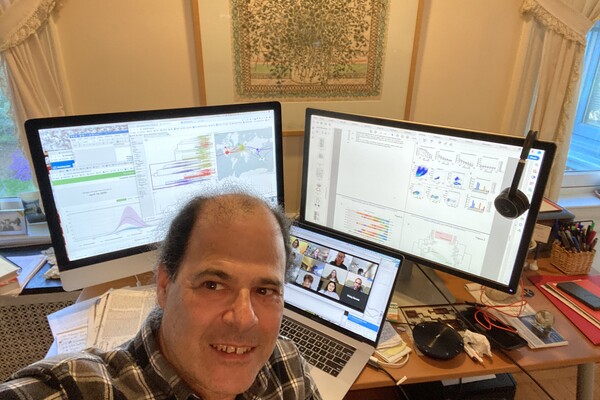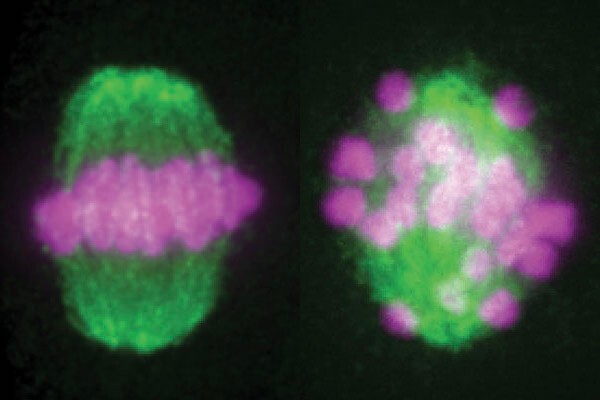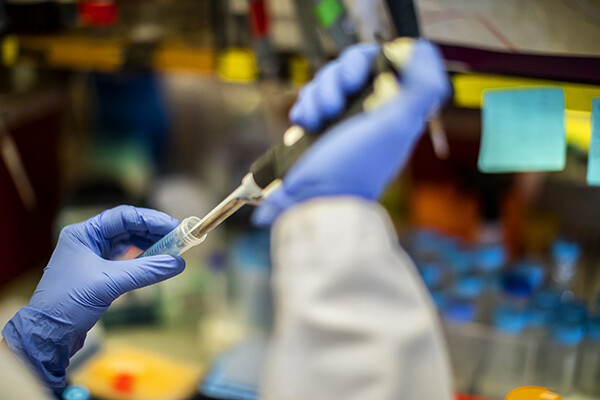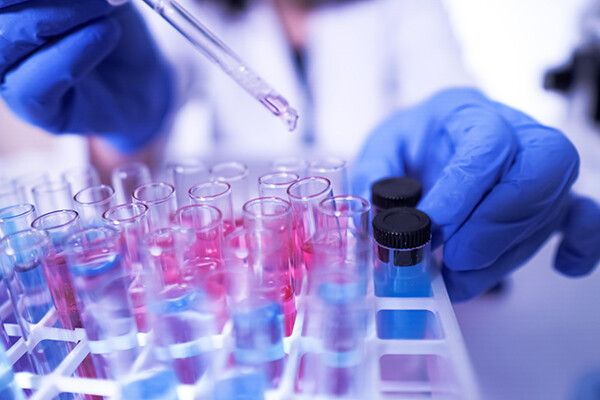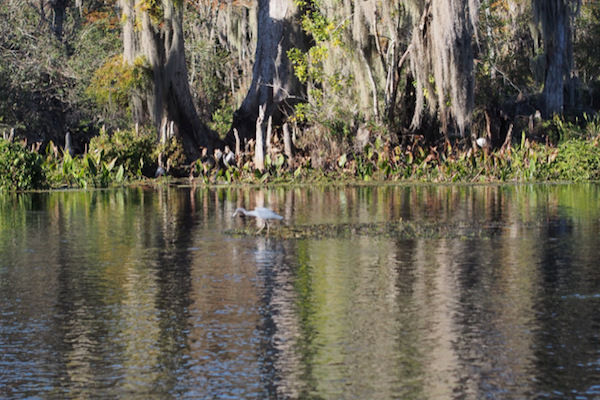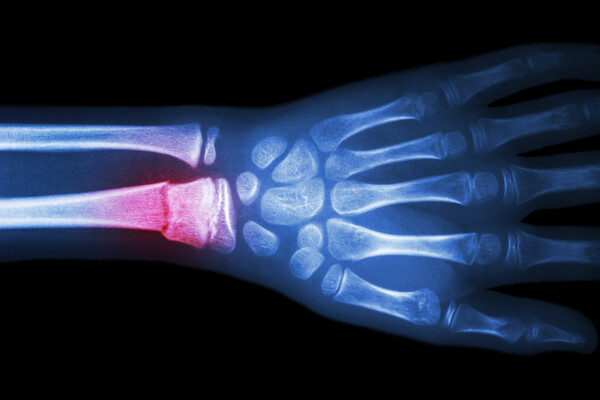4/22
Biology
Coming together to solve the many scientific mysteries of COVID-19
Putting some of their regular research projects on the back burner, researchers around Penn are digging into unknowns about the novel coronavirus from their deep and varied perspectives.
A link between obesity and sleep loss may lie in studying worm metabolism
Penn researchers find microscopic worms offer a surprisingly good model for studying how metabolism regulates sleep in humans and other mammals.
Penn labs get creative to stay productive, connected
In the face of a pandemic that has shuttered most physical laboratories across campus, researchers have shifted gears, maintaining work and social ties through grant- and manuscript-writing, virtual journal clubs, online coffee breaks, and more.
A quick pivot turns an infectious disease class into timely education
Students in David Roos’ upper-level biology course had been studying pandemics. Now they get to learn in real time how public health scientists attempt to understand COVID-19.
A critical enzyme for sperm formation could be a target for treating male infertility
The protein, SKP1, drives a key transition step in male meiosis, the type of cell division process that results in sperm, School of Veterinary Medicine researchers found.
Penn establishes center to accelerate coronavirus research
The Center for Research on Coronaviruses and Other Emerging Pathogens aims to advance research efforts and support development of new therapies and vaccines.
The biology of coronaviruses: From the lab to the spotlight
The recent coronavirus outbreak, COVID-19, has been swift, but according to microbiology professor Susan Weiss, it didn’t come out of nowhere. Coronaviruses have been around for a long time, and new strains have transformed and may continue to emerge.
Helpful interactions can keep societies stable
New work by Erol Akçay of the School of Arts and Sciences and Jimmy Qian, a recent alum, challenges 50-year-old predictions that mutualistic interactions make a community unstable.
A promising new strategy to help broken bones heal faster
To improve how broken bones heal in people with diabetes, the School of Dental Medicine’s Henry Daniell, Sheri Yang, and colleagues are leading work to develop an affordable oral therapy—grown in plants.
Illuminating interactions between decision-making and the environment
With a unifying model based in game theory, Andrew Tilman, Joshua Plotkin, and Erol Akçay of the School of Arts and Sciences inform dynamics in fields as diverse as ecology and economics.
In the News
When is the best time to take L-theanine—morning or night?
According to Colleen Tewksbury of the School of Nursing, research suggests that L-theanine may help support stress management, sleep, and potentially weight management.
FULL STORY →
Is the flu shot market a slam dunk for mRNA vaccines? Experts aren’t so sure
Scott Hensley of the Perelman School of Medicine is working on a flu vaccine to provide protection against 20 subtypes of flu that may pose a pandemic threat in the future.
FULL STORY →
Thanks, Neanderthals: How our ancient relatives could help find new antibiotics
A study by César de la Fuente of the Perelman School of Medicine and colleagues used AI to recreate molecules from ancient humans that could be potential candidates for antimicrobial treatments.
FULL STORY →
Long COVID brain fog may originate in a surprising place, say scientists
A study by Christoph Thaiss and Maayan Levy of the Perelman School of Medicine and colleagues finds that long COVID’s neurological symptoms, like brain fog, memory loss, and fatigue, may stem from serotonin reduction.
FULL STORY →
Long COVID research is in its ‘most hopeful’ phase yet
A study by Christoph Thaiss and Maayan Levy of the Perelman School of Medicine and colleagues suggests that serotonin could be a target for long COVID treatment.
FULL STORY →
A crucial pattern behind long COVID may have been identified
A study by Christoph Thaiss and Maayan Levy of the Perelman School of Medicine and colleagues suggests that several current hypotheses for the pathophysiology of long COVID are linked by a single pathway that is connected by serotonin reduction.
FULL STORY →



